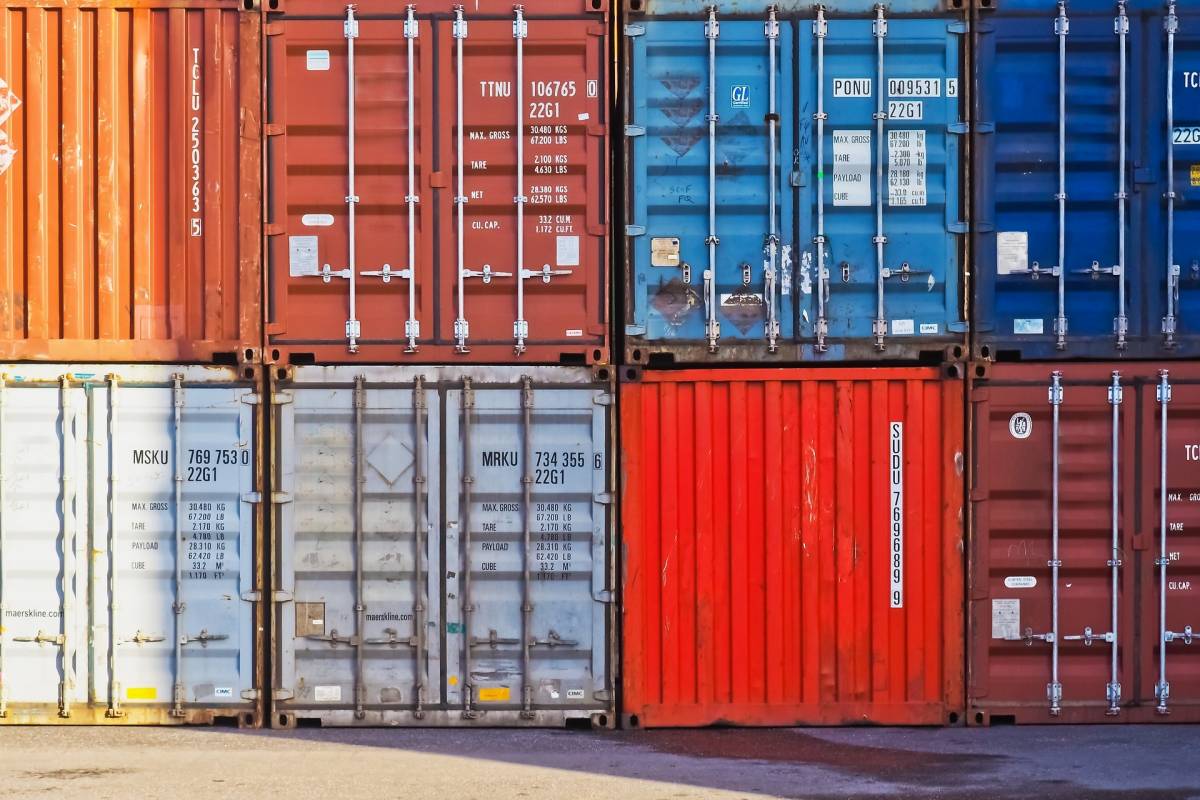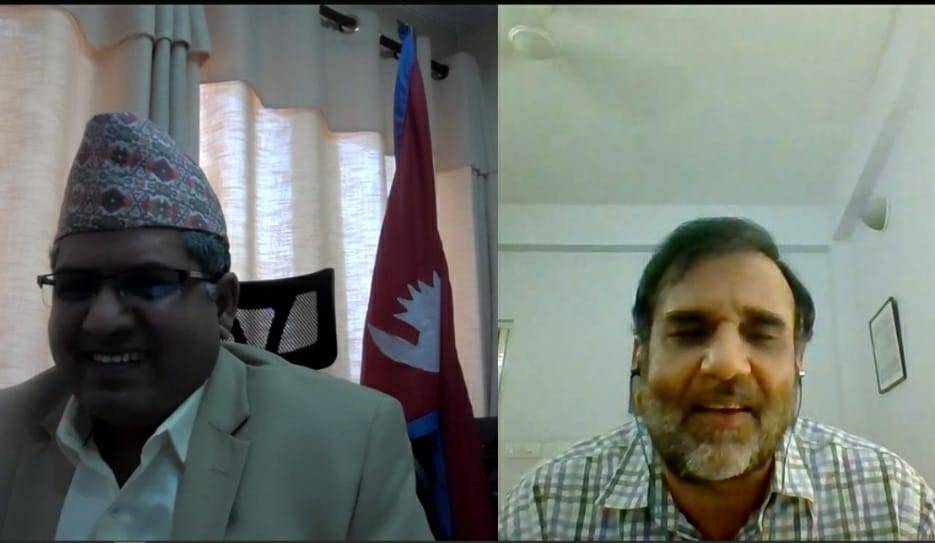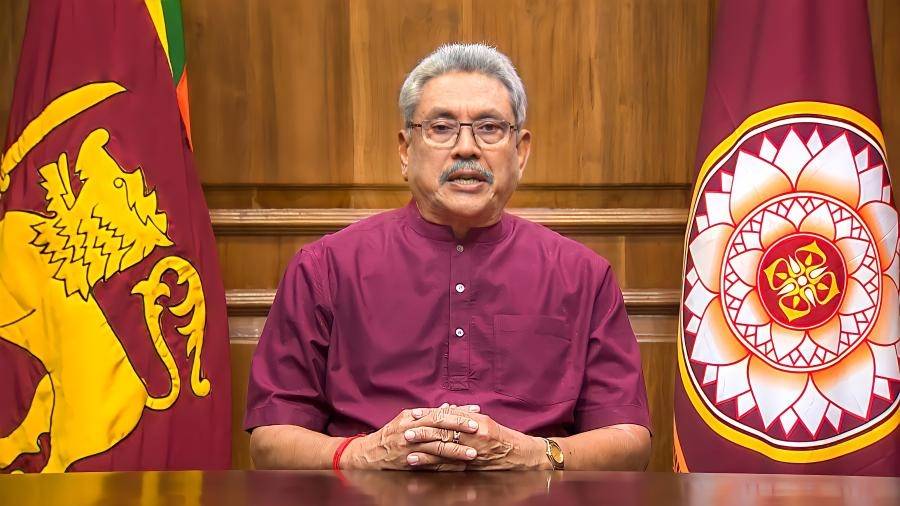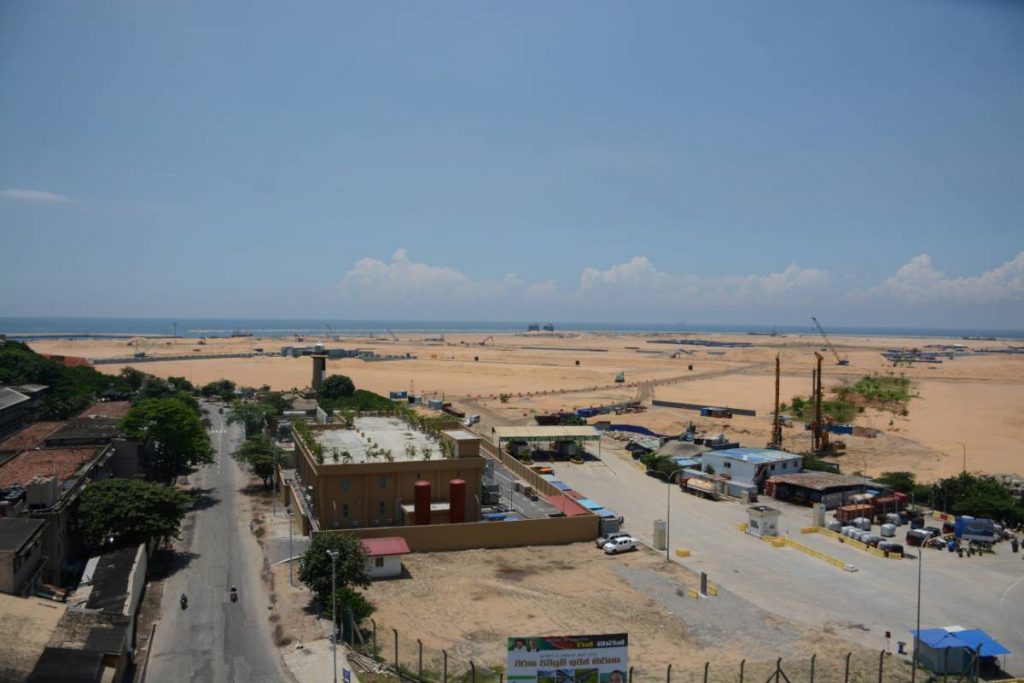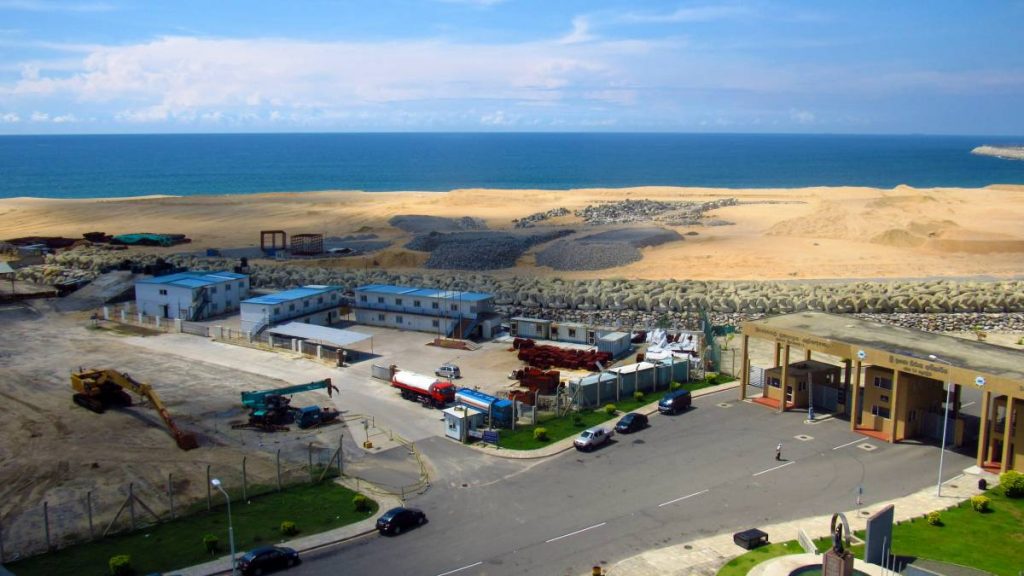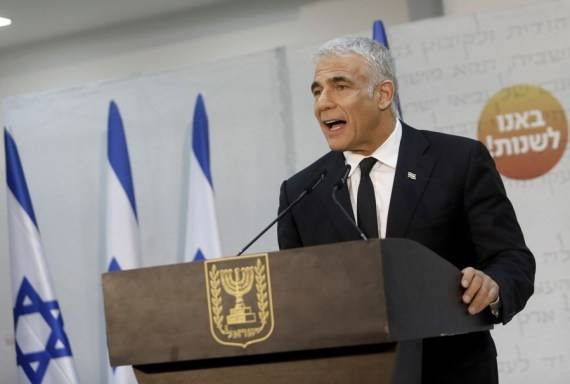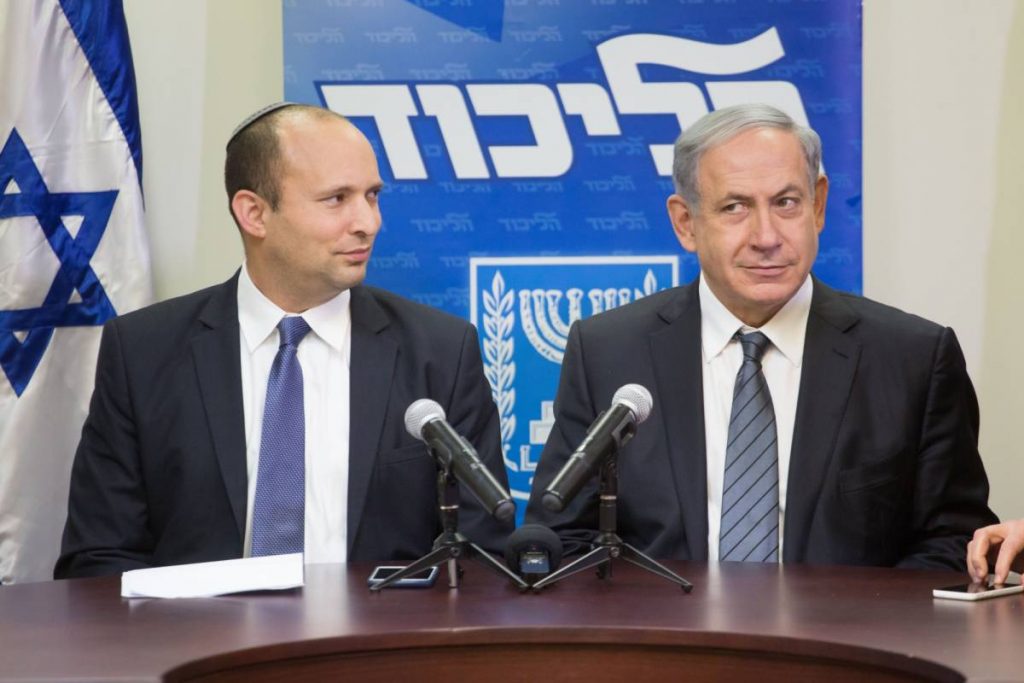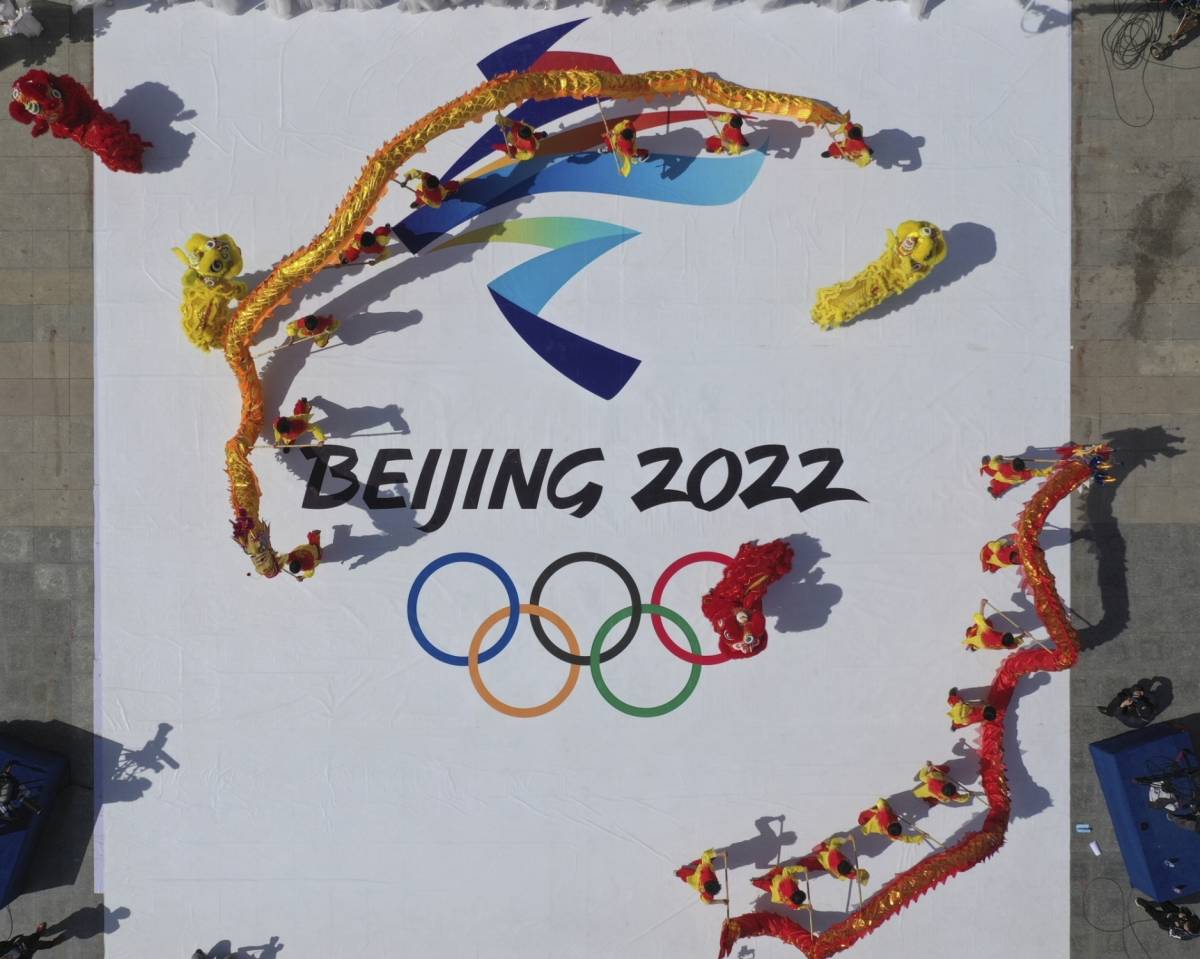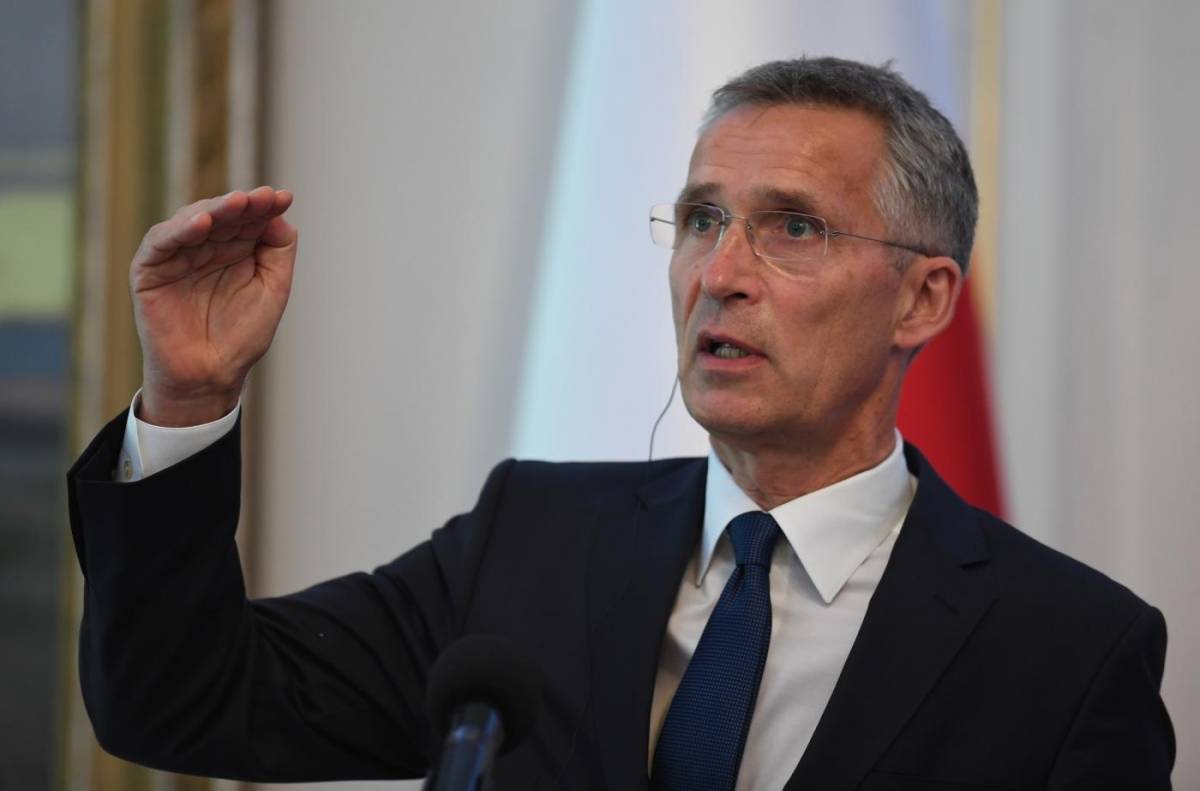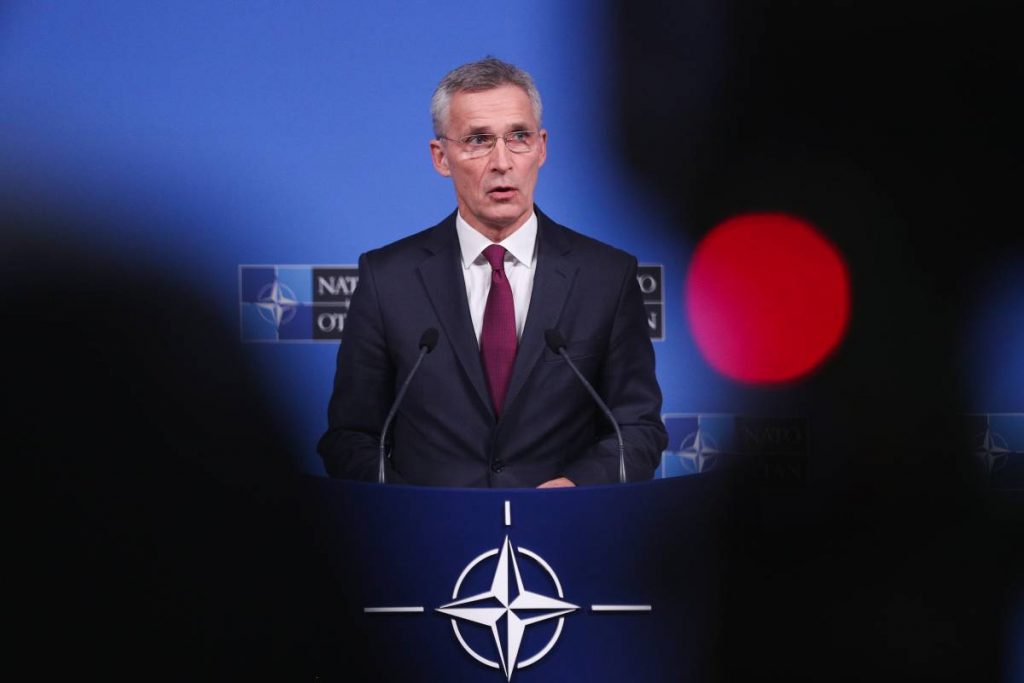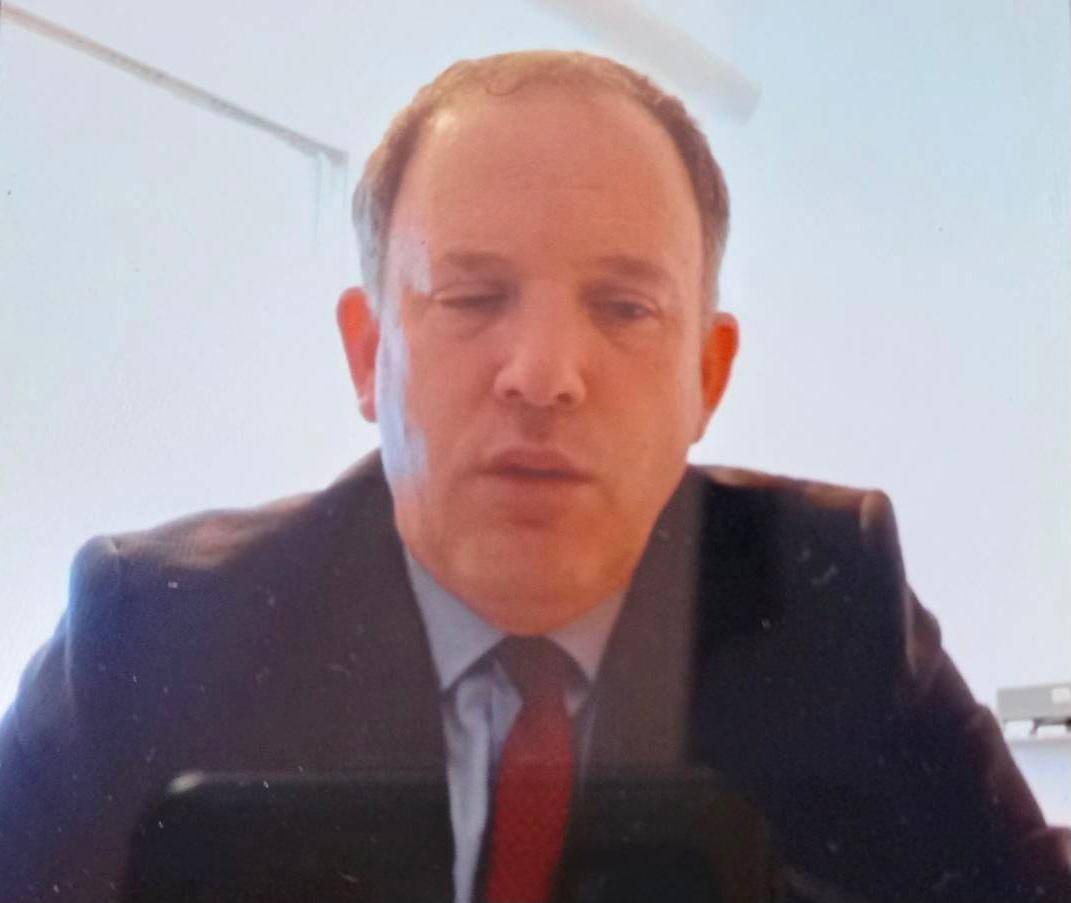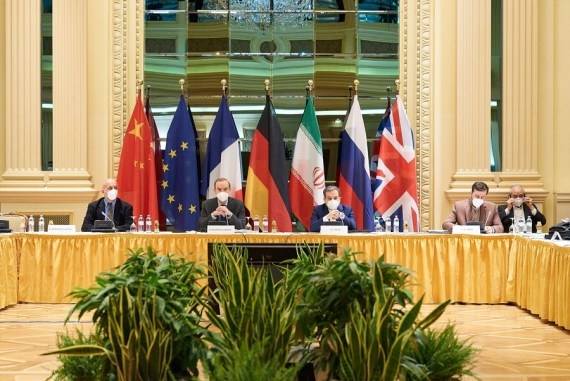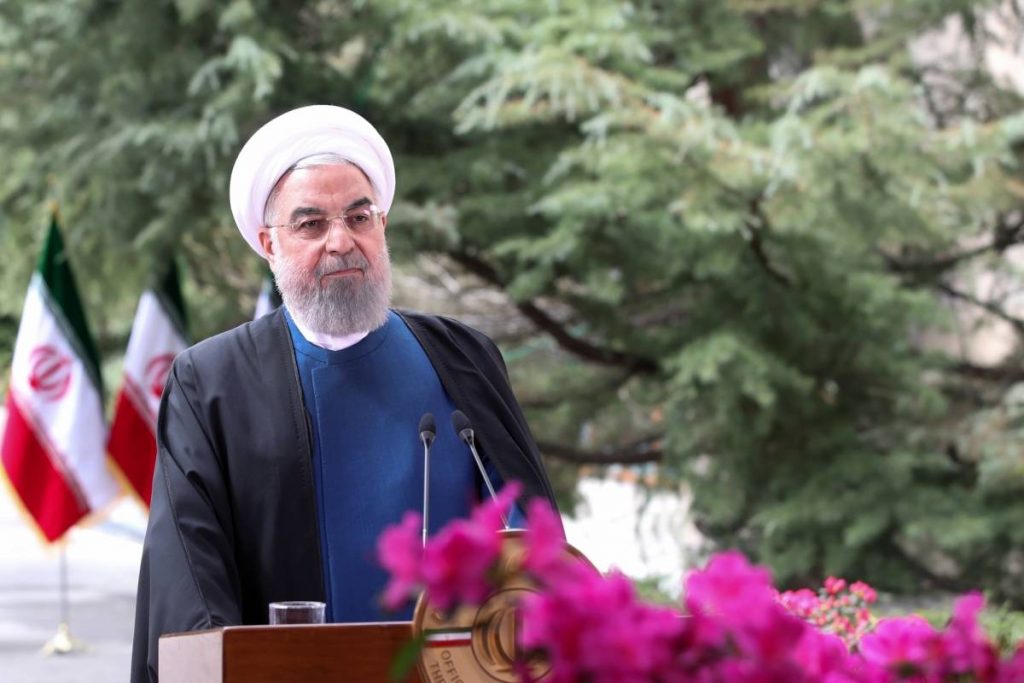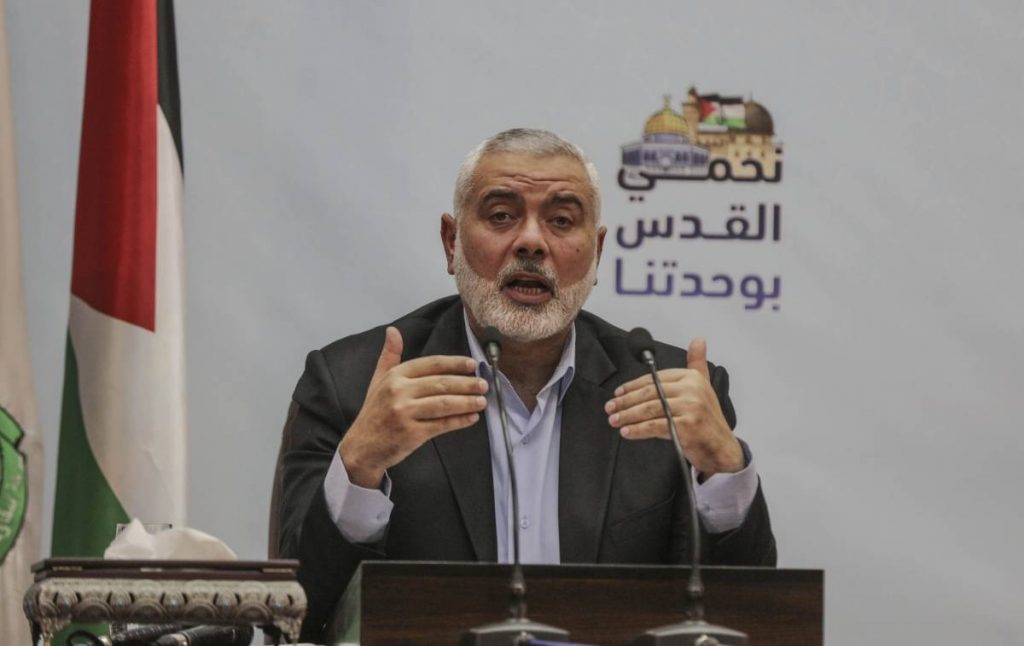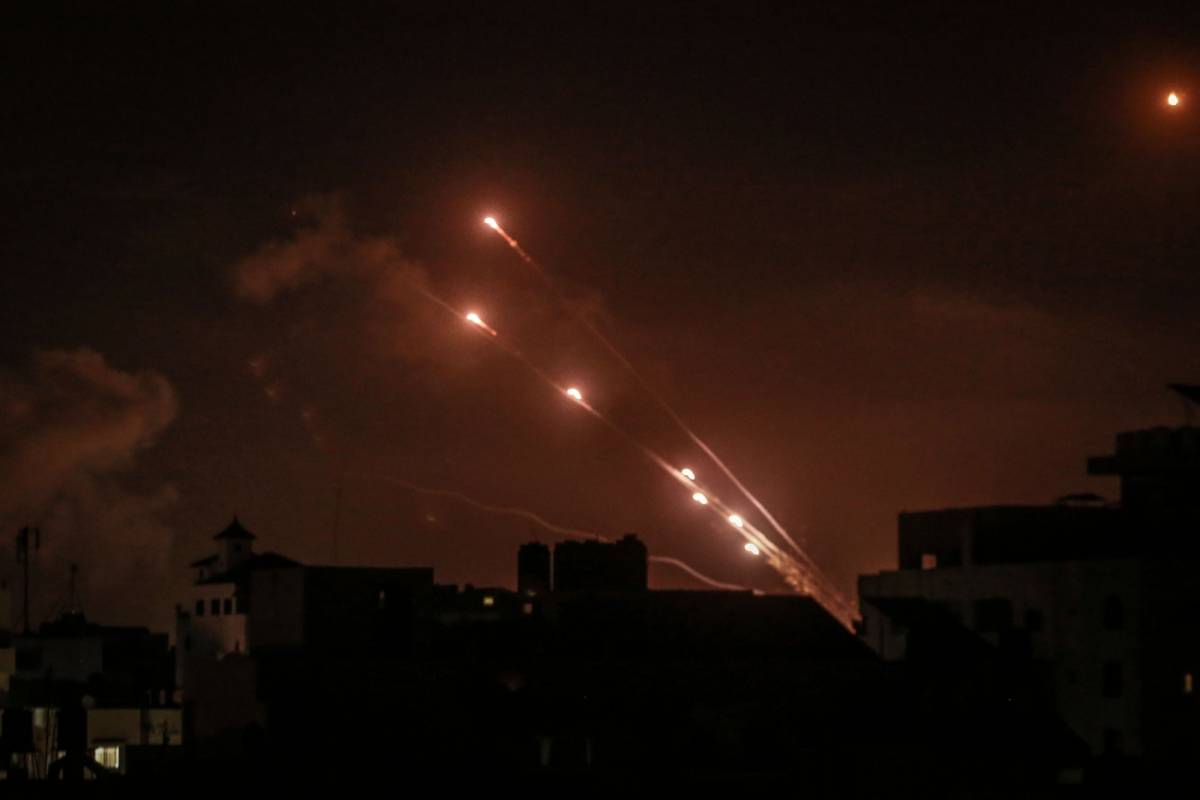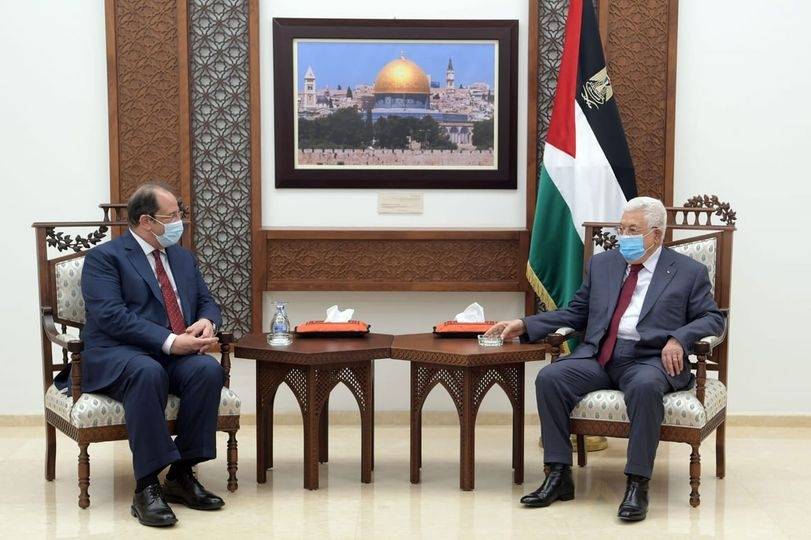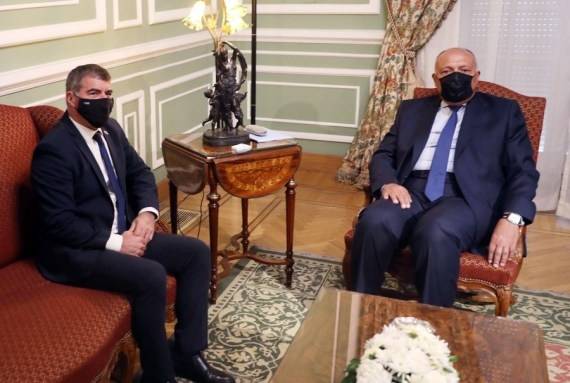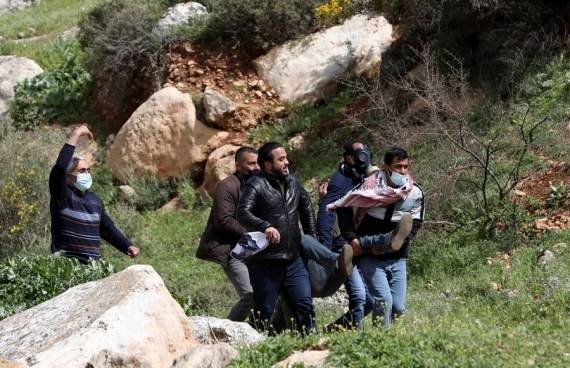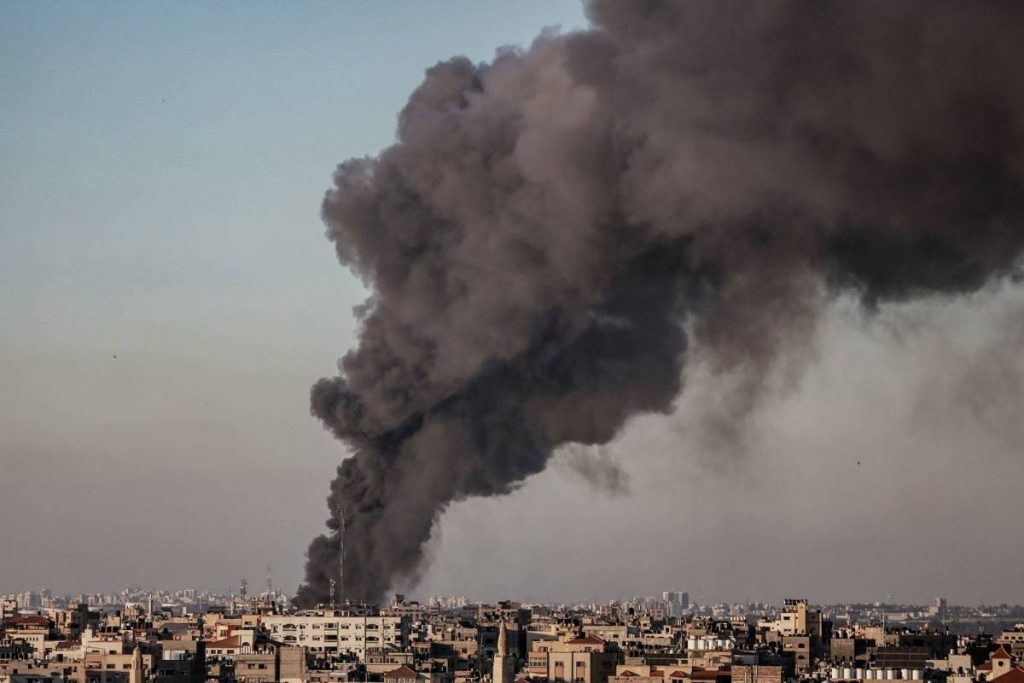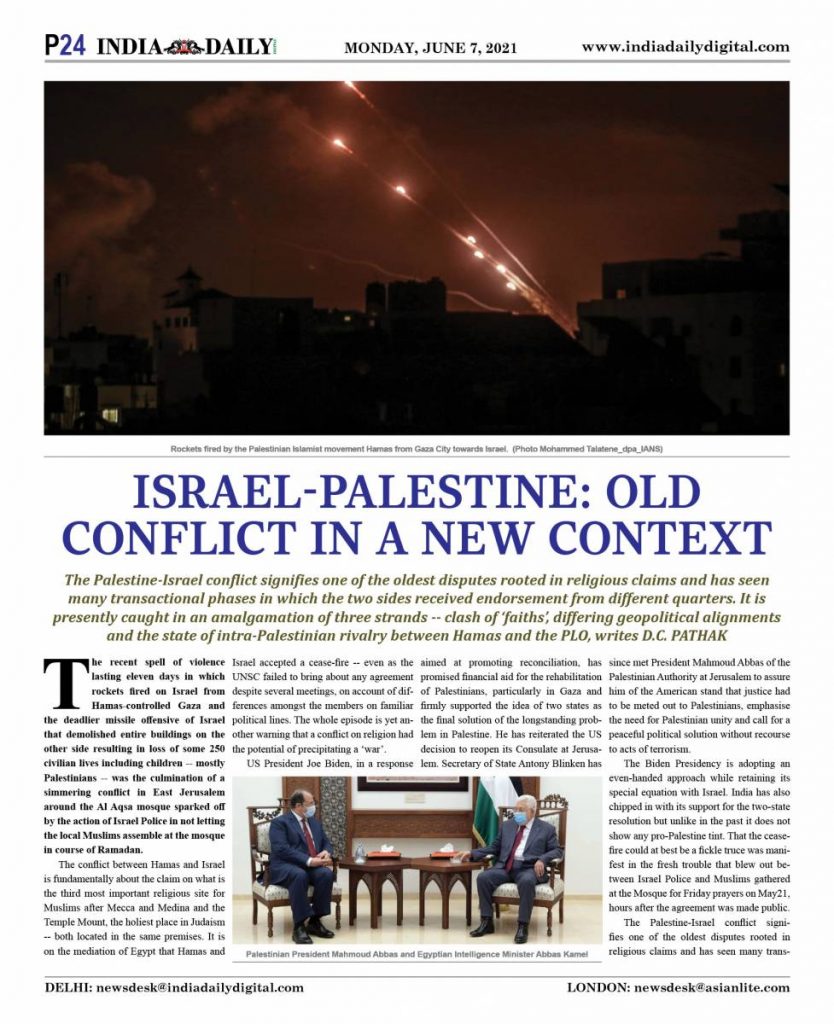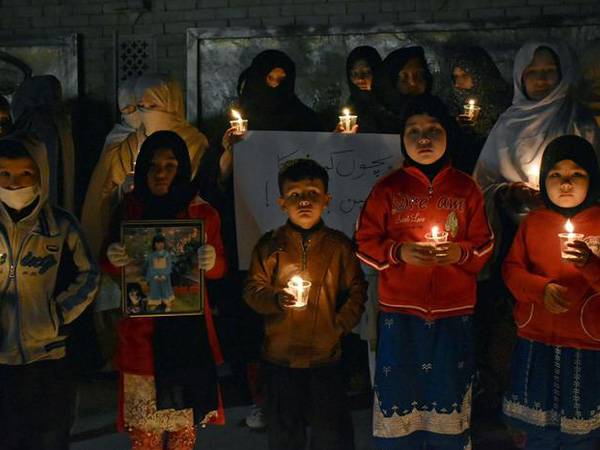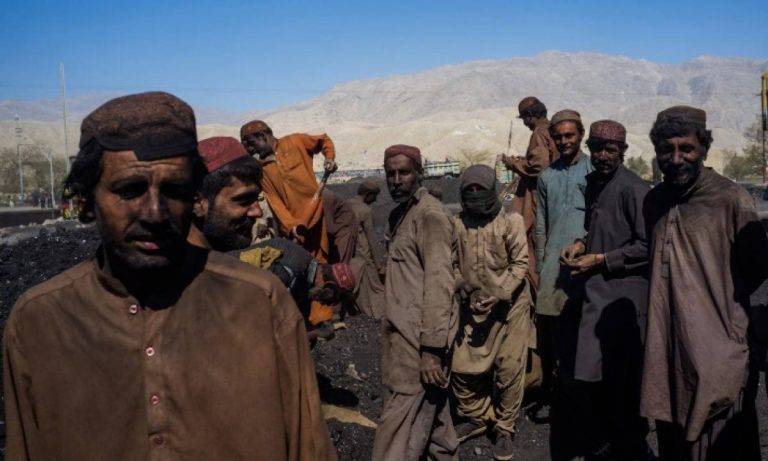The nine-member Uyghur Tribunal chaired by prominent British lawyer Geoffrey Nice conducted the first set of hearings at the headquarters of the Church of England. Over 30 victims, witnesses and experts revealed their plight at the session. A second round of hearings will be held on Sept. 10-13. The panel report will be released in December … reports Asian Lite News
China and its communist leadership are in the dock as Uyghur Tribunal collected testimony from victims, witnesses from China’s Xinjiang Uyghur Autonomous Region (XUAR) on enforced disappearances, detentions, and executions. More than 30 witnesses and experts testified during the four-day session in London.
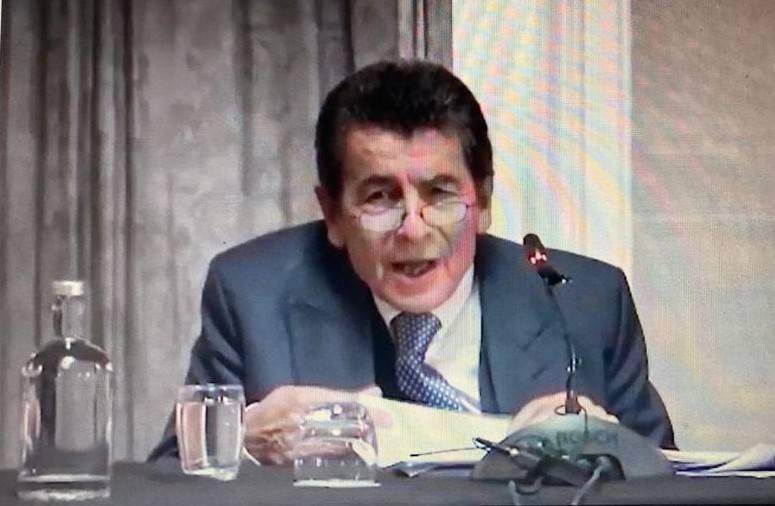
The victims testified about enforced disappearances, the compulsory sterilization of women and forced contraception, organ harvesting, and torture by Chinese authorities at the tribunal. The panel is investigating whether China’s treatment of its ethnic Uyghurs and other Turkic Muslims constitutes genocide.
The nine-member tribunal chaired by prominent British lawyer Geoffrey Nice conducted the first set of hearings known as the “Uyghur Tribunal” at the headquarters of the Church of England. A second round of hearings will be held on Sept. 10-13. The panel report will be released in December.
Wang Leizhang, a Chinese police officer who served in the XUAR in 2018, told the panel that he came to realise that he was serving the interests not of the people but of Beijing in the XUAR, the Radio Free Asia reported. In his written testimony, Wang said his job duties focused on maintaining social order and national security by investigating anti-separatist movements in the XUAR, where he learned from other police officers about the existence of a committee organized by local authorities that decided who would be sent to the “re-education camps.” The committee also was responsible for the surveillance and monitoring of citizens as well as arrests and detentions of individuals.
“Gradually though my experience, I realized seeing through how the system worked that I wasn’t serving the people,” he said through a translator via videoconference on Monday as he wore his former policeman’s uniform. “I was actually serving the emperor and protecting their power.”
“Therefore, I can say that I’m a patriot to my people, not to the regime — the fascist regime — and how they were ruling the country in a most cruel way,” he added.
Wang left China in 2020 and was granted asylum in Germany, where he now lives.
China has held up to 1.8 million Uyghurs and other Muslim minorities in a network of detention camps since 2017. Beijing has said that the camps are vocational training centers or re-education centers and has denied widespread and documented allegations that it has subjected Muslims living in the XUAR to severe rights abuses.
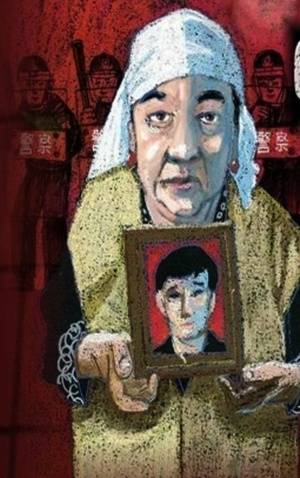
The Uyghurs are a predominantly Muslim group estimated at more than 12 million people in the XUAR. Smaller numbers of Kazakhs and Kyrgyz, fellow Turkic speaking people, have also been incarcerated in the camp system.
Rushan Abbas of Campaign for Uighyurs says this genocide is happening because Uyghurs are a threat to the Chinese regime.
“The CCP demands to establish itself as the only authority in the lives of the people, so that the CCP can rob and expand their brutal colonialism across the world,” she added. “The oppression and genocidal policies used against the Uyghurs will only expand. Look at Tibet. Look at Southern Mongolia. Look at Hong Kong, at Chinese Christians and dissidents. Look at how the Belt and Road Initiative is being used to manipulate the countries of the world as the CCP fights to control the narrative globally with their blood money.
“The independent Uyghur Tribunal gives Uyghurs an opportunity to testify about the Chinese regime’s genocidal policies in order to gain their rightful day at court. Uyghurs voices must be heard. We encourage everyone to follow the proceedings, to listen to the witnesses, and to take action. The future of the entire world is at stake, and we are here today to testify not only for ourselves, but for you, and for the future of humanity!”
Nurisman Abdureshid, a 33-year-old Uyghur who has lived in Turkey since 2015 when she went there to study, told the panel that she had normal contact with her family until June 2017, and later found out that her family members had been disappeared or detained.
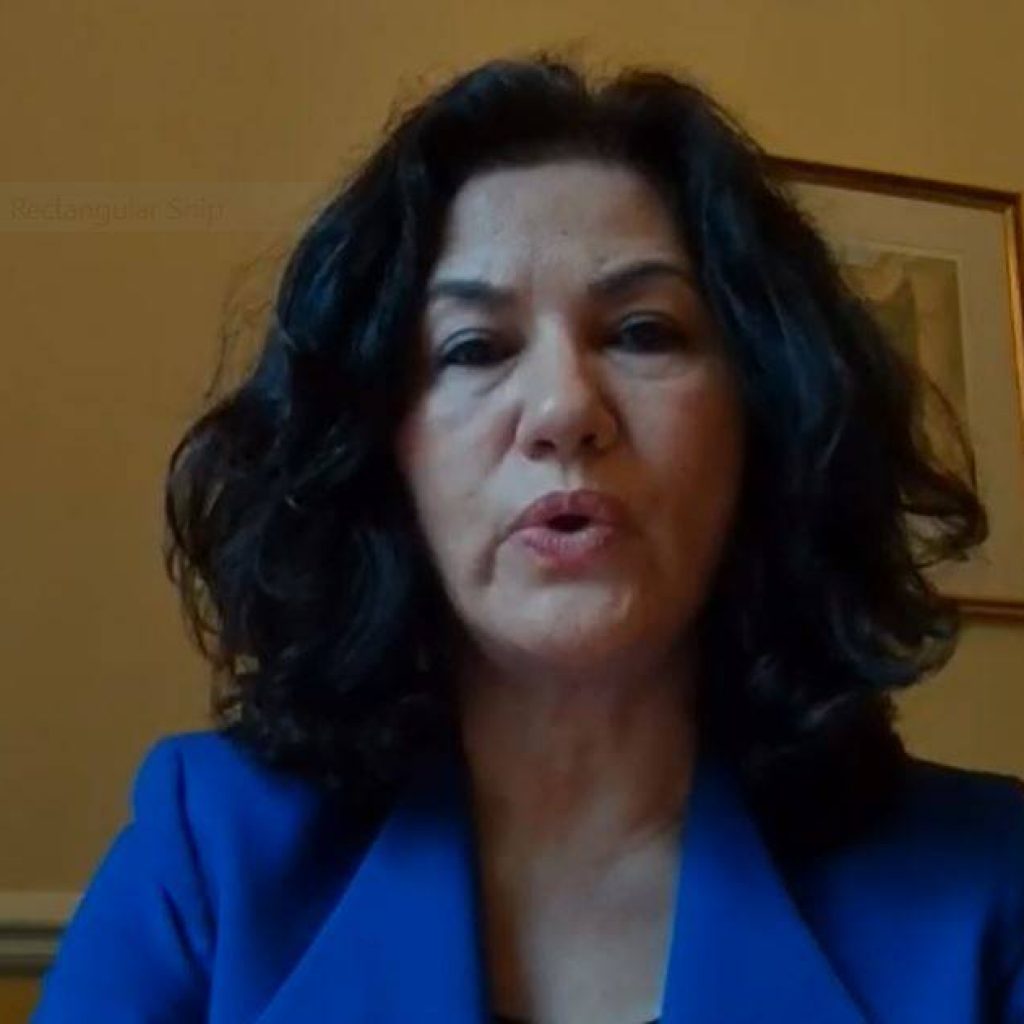
Authorities handed down long prison sentences to her mother, father, and young brother for “preparatory terrorist offences” and her mother underwent forced sterilization, she said.
Nurisman went on to say that authorities forced all Uyghur women in her village in Kashgar (in Chinese, Kashi) to undergo pregnancy tests and intrauterine device (IUD) checks, and that her sister-in-law aborted twins out of fear of repercussion from authorities for violating the birth policy.
Mehmut Tevekkül, a 51-year-old Uyghur from the XUAR who fled illegally to Turkey where he now lives, recounted how he had been detained twice in 2009 and 2010 because close relatives had been “detained in 1996 for being religious.”
“I was put on the tiger chair and they whipped my feet with iron wire,” he said in written testimony, describing how he was tortured while in detention. “There [was] a bolt directly above the tiger chair, and the heat from that bolt [was] unbearable” Tiger chairs are metal chairs that immobilize suspects during interrogations.
Mehmut told how a Chinese official had confiscated farmland from 70-80 Uyghur families in his town in Kargilik (Yecheng) county in Kashgar prefecture for not following orders, and had given the land to Chinese migrants.
The official, Zhu Hailun, “murdered so many people in our county, he took around 50 to 60, and in some villages 70 Uyghurs,” he said. “Very few were released. A large number of them were returned dead.”
In September 2008, a neighbor and his uncle’s eldest son were taken away in a group of 11 Uyghurs, and both later turned up dead, Mehmut said.
Ethan Gutmann of the International Coalition to End Transplant Abuse in China, discussed findings from his December 2020 report alleging that China has forced organ harvesting in the XUAR from political and religious prisoners beginning with the Uyghurs in the 1990s and satellite images of crematoriums built close to “re-education camps” where bodies could be burned after operations to remove organs.
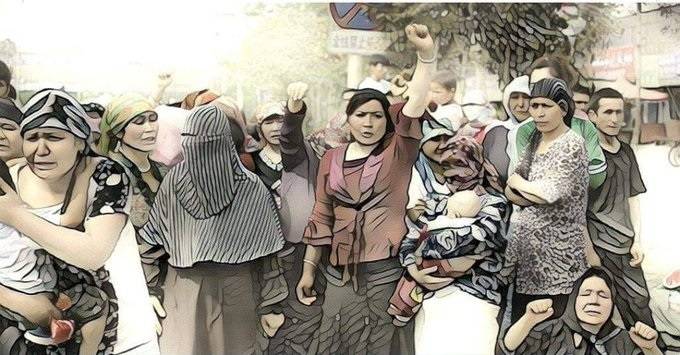
He testified that about 20 witnesses all from different camps in the XUAR told him that Uyghurs from whom organs were harvested were all approximately 28 years old, and that the financial return on a body with usable organs totaled U.S. $500,000-750,000.
Adrian Zenz, an independent researcher with the Washington, D.C.-based nonprofit organization Victims of Communism Memorial Foundation, testified Monday about China’s policy to reduce the natural population growth in southern XUAR.
His report indicates that Chinese policies could result in a large drop in births among Uyghurs of 2.6 million to 4.5 million by 2040, based on population projections by Chinese researchers.
The analysis by the German researcher, who has published a number of reports on forced labor and abortion in the XUAR, may meet the test for genocide by presenting empirical evidence that the Uyghurs are being destroyed as a people.
It is unlikely that the Chinese will eliminate all the Uyghurs through birth prevention policies, though, Zenz told the panel.
“The goal is to cut them drastically, substantially, especially in order to manage their identity and who they are for assimilation,” he said
The tribunal has no state backing or powers of sanction or enforcement. Any judgments issued are nonbinding on any government. Meanwhile, Beijing has denounced the tribunal and smeared its participants, saying it is being “funded by the World Uyghur Congress, an organization dedicated to separating Xinjiang from China.”
The WUC is an international organization based in Munich, Germany, that represents the collective interests of Uyghurs in the XUAR and abroad.
The U.S. State Department — as well as parliaments in Canada, the Netherlands, the UK, and Lithuania — have described China’s actions in the region as “genocide,” while the New York-based group Human Rights Watch says they constitute crimes against humanity. The Italian parliament voted unanimously last week to condemn Chinese atrocities against Uyghurs and other Turkic peoples.
The Uyghur Tribunal is expected to issue a final verdict in December on whether China is committing genocide or crimes against humanity in the XUAR. The Tribunal, chaired by Sir Geoffrey Nice QC, is considering allegations that the Peoples Republic of China (PRC) is perpetrating serious international crimes against the Uyghurs including torture, rape and other sexual violence, enslavement, forced separation of children from their parents, forced sterilisation, forcible transfer or deportation, apartheid and forced organ harvesting. If proved, these allegations could lead to the conclusion that these crimes constitute Crimes Against Humanity and/or Genocide.
PANEL MEMBERS:
SIR GEOFFREY NICE QC, Chair of the Tribunal; has been a barrister since 1971, and served as a part time judge in England between 1984 and 2018. Between 1998 and 2006 he led the prosecution of Slobodan Milošević, former President of Serbia, at the UN’s International Criminal Tribunal for the former Yugoslavia. He was Gresham College Professor of law from 2012-16 and was Chair of the China Tribunal.
NICK VETCH, Vice Chair of the Tribunal; is a London based businessman. He is engaged in a range of NGOs particularly in the field of Human Rights and was a member of the China Tribunal.
DAME PARVEEN KUMAR, Dame Parveen is Emeritus Professor of Medicine and Education, at Barts and The London School of Medicine and Dentistry, Queen Mary University of London. She worked as a consultant physician and gastroenterologist for the NHS for over 40 years. She founded and co-edited the textbook “Kumar and Clark’s Clinical Medicine”, which is used worldwide. Parveen was a founding Non-Executive Director of the National Institute of Clinical Excellence and Chairman of the Medicines Commission UK. Currently she is the non-executive director of St George’s University Hospital Trust, chairs the BMA Board of Science and is ambassador for the UK Heath Alliance for Climate Change.
AMBREENA MANJI, Ambreena is Professor of Land Law and Development at Cardiff University. Between 2010 and 2014 she was seconded to Nairobi as the Director of the British Institute in Eastern Africa. She has served as the President of the African Studies Association UK. Her book, The Struggle for Land and Justice in Kenya, was published 2020.
TIM CLARK, Tim’s first career was as a mergers and acquisitions and corporate finance lawyer at a leading international law firm where he served his last seven years as senior partner. Since leaving the law he has held board or senior positions at a number of leading corporates, charities and think tanks.
RAMINDER KAUR, Raminder is Professor of Anthropology and Cultural Studies at the University of Sussex. She served on the Mayor’s Commission for Asian and African Heritage and is Chair of the World Council of Anthropological Associations Ethics Taskforce. She has been widely published. Her latest book, Kudankulam, tells the stories of the people who have lived in proximity to a nuclear power plant in India. She is also a Trustee for Museums, Libraries and Archives, London.
DAVID LINCH, David is Professor of Haematology at University College London. He has served as Head of Haematology and Director of Cancer Medicine and is currently the Director of the UCL and UCL Hospitals Biomedical Research Centre cancer programme. He was the Goulstonian Lecturer of the Royal College of Physicians and the recipient of the British Society of Haematology Gold Medal in 2006. He has been Chair of the NCRI Lymphoma Clinical Studies Group, President of the British Society of Haematology and President of the Lymphoma Association.
AUDREY OSLER, Audrey is Professor of Education at the University of South-Eastern Norway and Professor Emerita of Human Rights Education and Citizenship at the University of Leeds. She has held academic posts at the Universities of Leicester and Birmingham in addition to visiting professorships across the world. She has published extensively on social, ethical, political and policy matters in education and her work has been translated into many languages, including Japanese and Chinese. She has served as an expert to various international bodies including the Council of Europe, the European Commission, and UNESCO.
CATHERINE ROE, Catherine has over 25 years’ experience of creating, developing, leading and advising foundations and other not-for-profits in fields as diverse as education, child development, arts and culture, social cohesion, disability and refugees. Catherine began her career as a British diplomat, specialising in multilateral negotiation following a posting to Tanzania. She has a deep interest in the Middle East, modern trends in Islam and Muslims in Britain. She serves on the boards of a number of foundations and other not-for-profit organisations.
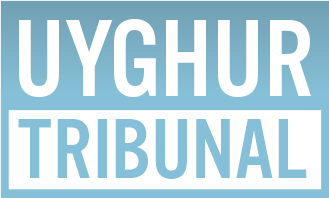
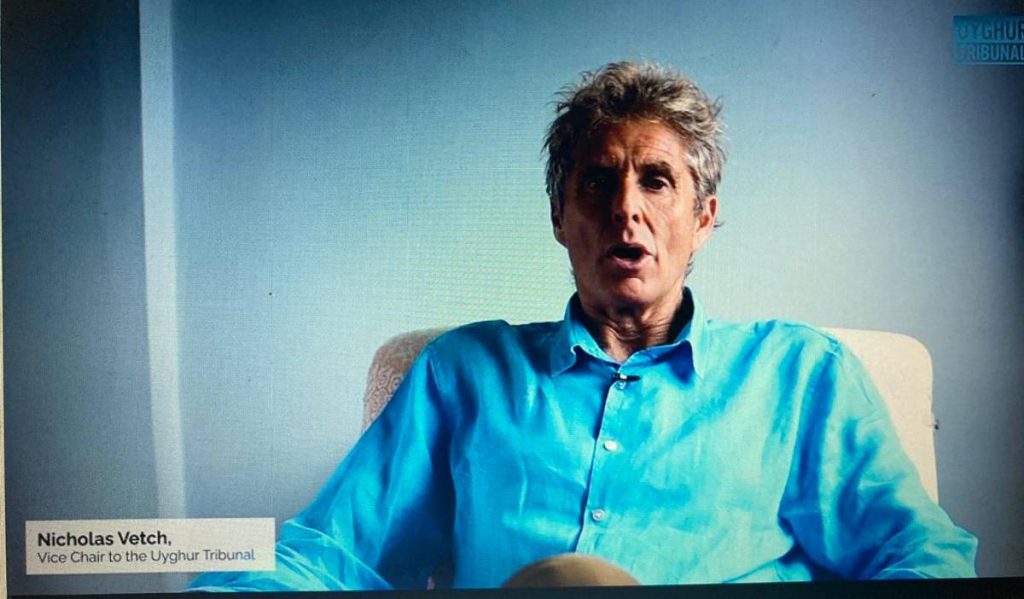
Nicholas-Vetch 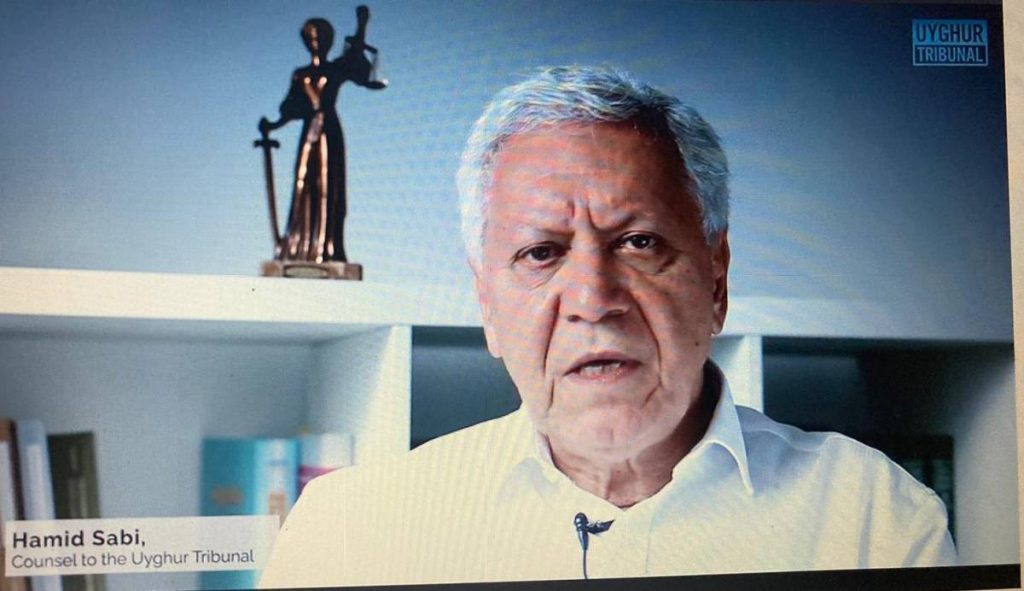
Hamid-Sabi. 
Geoffrey-Nice

